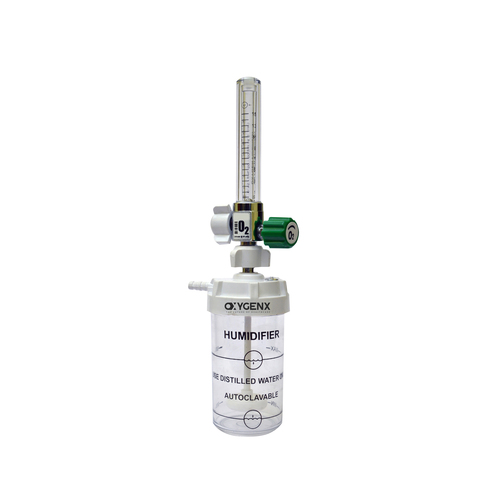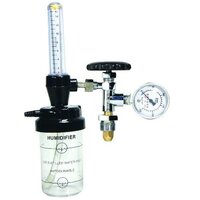BPC FLOW METER
380 INR/Piece
Product Details:
- Application Medical Use
- Suitable For Clinic,Hospital
- Automation Grade Semi Automatic
- Material Metal And Plastic
- Product Type BPC FLOW METER
- Use Medical
- Function Medical Equipment
- Click to View more
X
BPC FLOW METER Price And Quantity
- 10 Piece
- 350.00 - 1000.00 INR/Piece
- 380 INR/Piece
BPC FLOW METER Product Specifications
- Metal And Plastic
- Medical Use
- Clinic,Hospital
- Semi Automatic
- White
- Medical Equipment
- Medical
- BPC FLOW METER
BPC FLOW METER Trade Information
- 100 Piece Per Week
- 7 Days
Product Description
A BPC flow meter, also known as a Bourdon pressure compensated flow meter, is a device used to measure and control the flow rate of gases in various industrial and medical applications. It incorporates a pressure compensation mechanism to provide accurate flow readings despite changes in pressure.
Frequently Asked Questions :
Q: What is a BPC flow meter?
A: A BPC flow meter is a type of flow meter that utilizes a Bourdon tube mechanism along with pressure compensation to measure and control the flow rate of gases. It is designed to provide accurate flow readings even in applications where the gas pressure fluctuates.
Q: How does a BPC flow meter work?
A: BPC flow meters operate on the principle of a Bourdon tube, which is a curved, hollow tube that expands or contracts with changes in gas pressure. The Bourdon tube is connected to a needle or pointer mechanism that indicates the flow rate on a calibrated scale. The pressure compensation feature ensures that the flow reading remains accurate despite variations in pressure.
Q: What are the advantages of using a BPC flow meter?
A: BPC flow meters offer several advantages. They provide accurate and reliable flow measurements in applications where gas pressure fluctuations are common. The pressure compensation mechanism compensates for changes in pressure, ensuring precise readings. BPC flow meters are relatively simple in design, cost-effective, and suitable for a wide range of gases and flow rates.
Q: In which applications are BPC flow meters commonly used?
A: BPC flow meters are used in various industries and applications where the measurement and control of gas flow rates are critical. They find widespread use in medical oxygen therapy, gas welding and cutting processes, HVAC systems, industrial gas distribution, and laboratory equipment.
Tell us about your requirement

Price:
Quantity
Select Unit
- 50
- 100
- 200
- 250
- 500
- 1000+
Additional detail
Mobile number
Email






